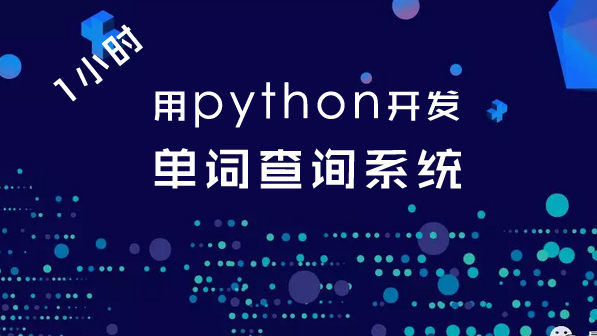
Thread类有一个Timer子类,该子类可用于控制指定函数在特定时间内执行一次。例如如下程序:
from threading import Timer
def hello():
print("hello, world")
# 指定10秒后执行hello函数
t = Timer(10.0, hello)
t.start()上面程序使用 Timer 控制 10s 后执行 hello 函数。
需要说明的是,Timer 只能控制函数在指定时间内执行一次,如果要使用 Timer 控制函数多次重复执行,则需要再执行下一次调度。
如果程序想取消 Timer 的调度,则可调用 Timer 对象的 cancel() 函数。例如,如下程序每 1s 输出一次当前时间:
from threading import Timer
import time
# 定义总共输出几次的计数器
count = 0
def print_time():
print("当前时间:%s" % time.ctime())
global t, count
count += 1
# 如果count小于10,开始下一次调度
if count < 10:
t = Timer(1, print_time)
t.start()
# 指定1秒后执行print_time函数
t = Timer(1, print_time)
t.start()上面程序开始运行后,程序控制 1s 后执行 print_time() 函数。print_time() 函数中的代码会进行判断,如果 count 小于 10,程序再次使用 Timer 调度 1s 后执行 print_time() 函数,这样就可以控制 print_time() 函数多次重复执行。
在上面程序中,由于只有当 count 小于 10 时才会使用 Timer 调度 1s 后执行 print_time() 函数,因此该函数只会重复执行 10 次。








